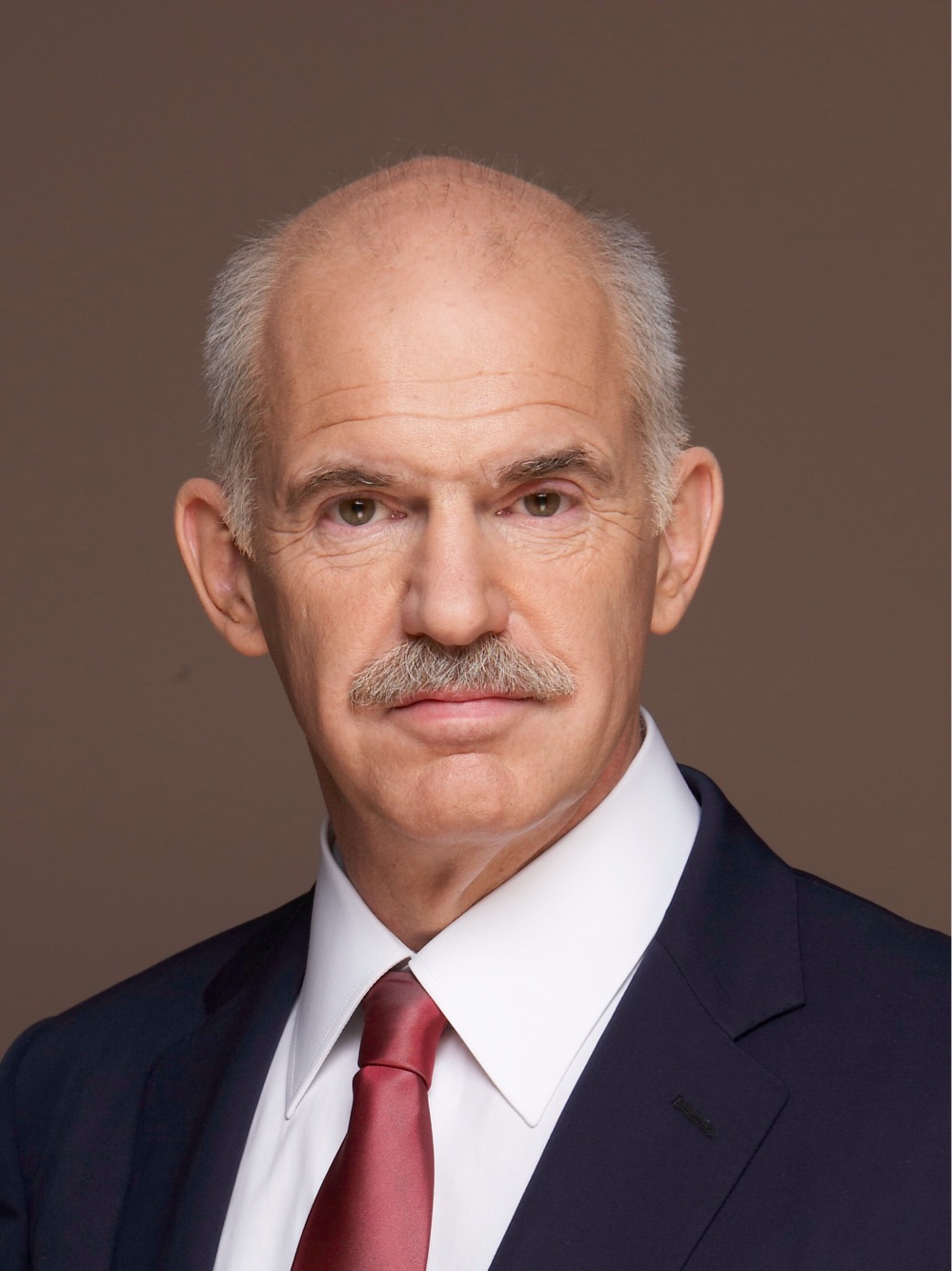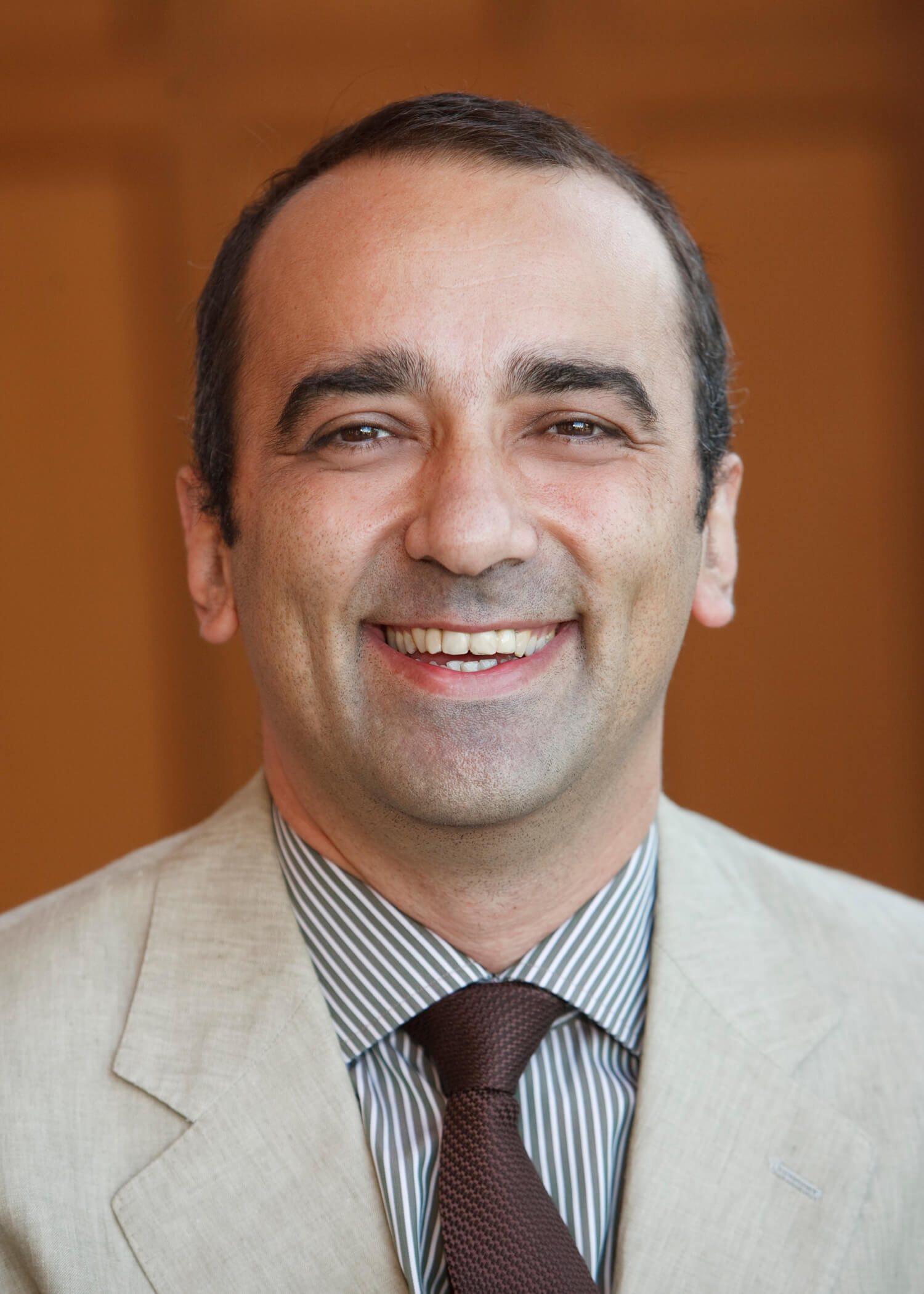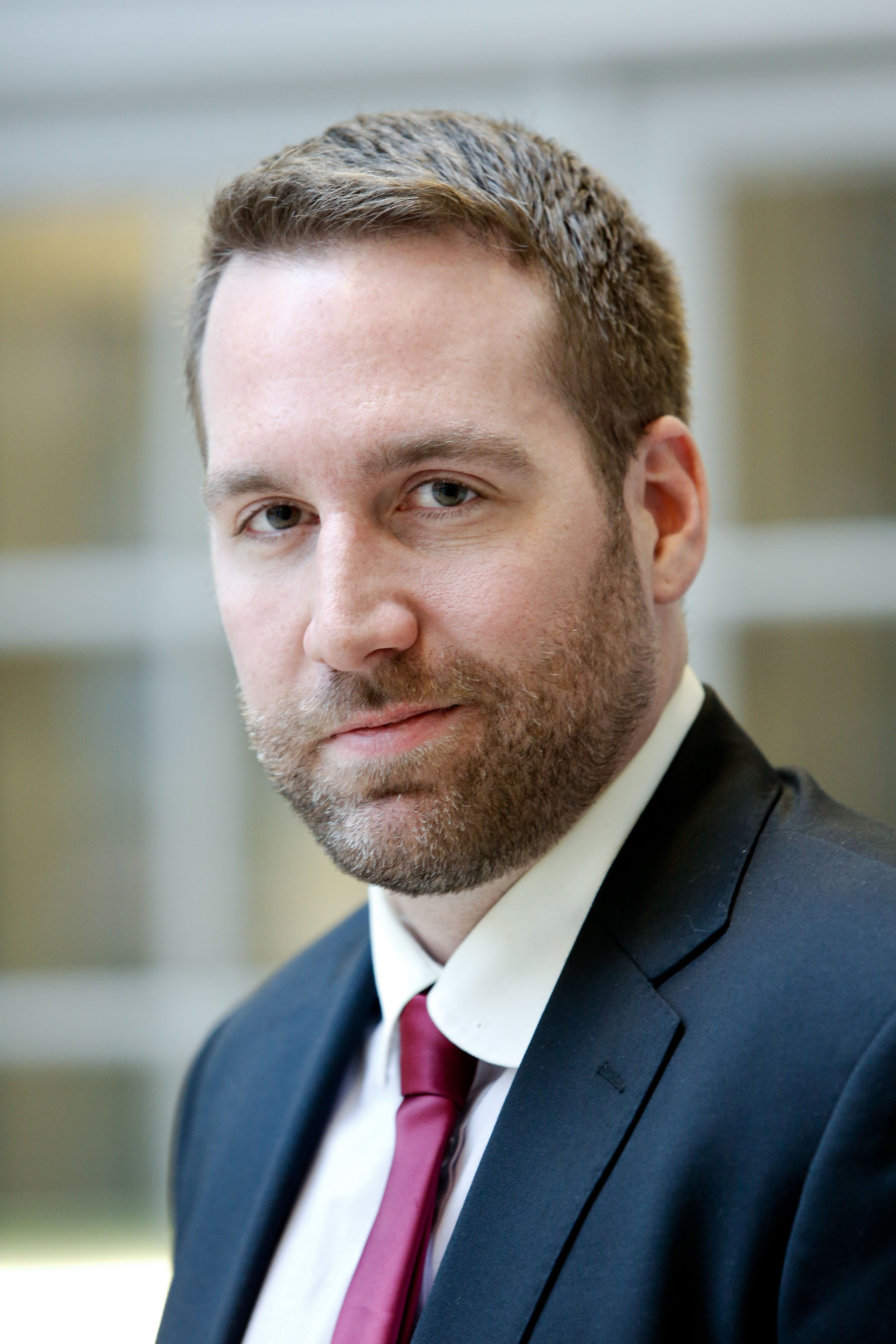Plenary Panel 2: Challenging Inequality: Ways Forward
Discussion Points:
-
(De)constructing trust: inequality as a key factor driving popular unrest?
-
Capital ownership: is there a way of making market income more equal?
-
The “digital revolution” and the shape of the economy and labour markets: is it a positive or a negative trend?
-
Reimagining utopia
Background
After the Great recession, the world economy recovered and a slow growth has been recorded. However, economic growth does not necessarily benefit all – it does not tells us anything about the distribution of income and wealth. As the recent growth benefited disproportionally higher-income at the expense of lower-income groups, the gap between rich and poor has kept widening. During the first three years of the recovery, 91% of all gains went to the famous top 1%. Today, in OECD countries, the richest 10% of the population earn 9.6 times the income of the poorest 10%. In the 1980s this ratio was 7:1, during the 1990s 8:1, and 9:1 in the 2000s. Furthermore, in the 1970s, the disparity in remuneration between CEOs and average workers stood at around 30:1, while it is now well above 300:1 and in some companies even about 1200:1. The situation in developing countries is even gloomier – in 2013, more than 75% of the population in these countries lived in societies where income was more unequally distributed than it had been in the 1990s. Moreover, the digital revolution and automation of work is bringing significant change to labour markets in both rich and poor countries, but affecting primarily low- and mid-skilled workers. Whether the digital revolution will be just another factor serving profit maximization, of could it become an emancipatory force, remains one of the major concerns.
It is hardly news that inequality is not only an economic issue, but also a political and security one. In the course of the imperfect economic recovery, the marginalized groups remain marginalized – excluded from political processes, with unequal access to socio-economic resources, discriminated on religious and cultural basis. Horizontal inequality, i.e. inequality among groups, has been one of the major drivers of popular unrest and even violent conflicts. The mass discontent fueled by inequalities could be shaped as a potent agent of positive change towards more equality, but could also turn into a destructive force. Therefore, a clear vision of a more egalitarian society, as well as an articulation of popular discontent, is critically needed in the times of global uncertainty.
However, there is no consensus on what should be done in order to decrease growing inequality. In his highly praised book Capital in the Twenty-First Century, French economist Thomas Piketty documents in detail how inequality of both wealth and income has evolved over the last two centuries, and debunks the widely-held view that free market capitalism spreads the wealth. He proposes progressive taxation, inheritance tax and a global wealth tax as possible antidotes to the further concentration of wealth. Joseph Stiglitz, Nobel-winning economist, argues that, apart from progressive taxation and heavy regulations of financial sector, there are two areas/measures that are crucial for reducing inequality – equal access to education and racial/gender inclusion. Further, Branko Milanović proposes the “egalitarian capitalism based on approximately equal endowments of both capital and skills across the population [that would] generate egalitarian outcomes even without a large redistributionist state.” While the above mentioned economists generally agree that capitalism could be “fixed” so to stop further generating inequality, Marxian thinkers see growing inequality as intrinsic to capitalism. For example, David Harvey, in his review of Piketty’s book, suggests that the increasing accumulation of wealth in the hands of a tiny minority is actually driven by the power-imbalance between capital and labour, which is a purely political issue that cannot be adequately captured by any mathematical model.
Selected Readings:
- OECD (2015) In It Together: Why Less Inequality Benefits All.
- Branko Milanović’s blog “globalinequality”
- Review of Joseph Stiglitz book “Rewriting the Rules of the American Economy: An Agenda for Growth and Shared Prosperity”, The Atlantic, 2 November 2015
- David Harvey, Afterthoughts on Piketty’s Capita
- UNDP (2013) Humanity Divided: Confronting Inequality in Developing Countries
Previous BSF Sessions on the Similar Topics::
2015 – Session 3: Here to Stay? The Rise of Inequality and Persistence of Poverty






